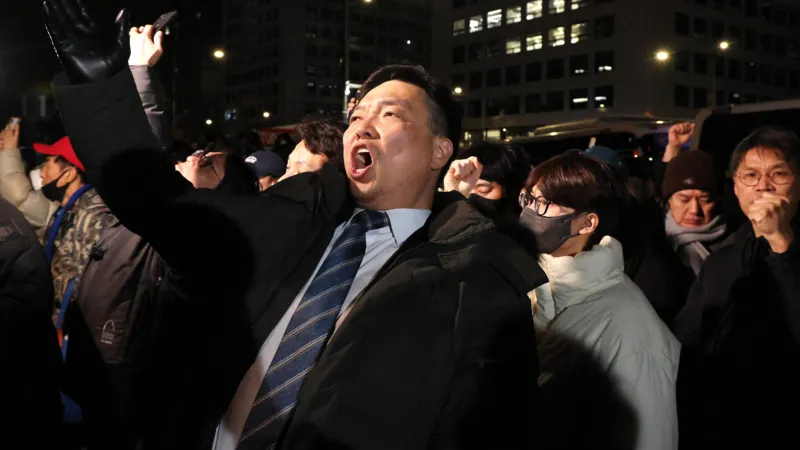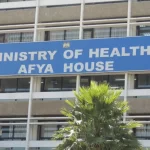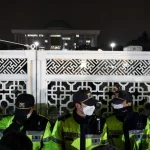Crowds of protesters erupted with cheers outside South Korea’s parliament early on Wednesday after the country’s president dramatically withdrew a martial law order that had sparked chaotic scenes in Seoul.
In an unexpected late-night TV address President Yoon Suk Yeol had announced he was imposing military rule, saying it was needed to protect the country from “North Korea’s communist forces” and to “eliminate anti-state elements”.
The order created turmoil, drawing thousands of protesters to the gates outside the National Assembly.
Lawmakers – some scaling the parliament’s perimeter walls – evaded police lines to gather and vote down the order, but the army said it would remain until revoked by the president himself.
Then in a sudden reversal in the early hours, Yoon Suk Yeol said martial law would be lifted and troops withdrawn.
“Just a moment ago, there was a demand from the National Assembly to lift the state of emergency, and we have withdrawn the military that was deployed for martial law operations,” Yoon said in a televised address around 4:30 am [1930 GMT Tuesday].
“We will accept the National Assembly’s request and lift the martial law through the Cabinet meeting,” he added.
The U-turn saw jubilation from protesters who had braved freezing temperatures to keep vigil. Members of the crowd shouted “We won!” as one person banged a drum, AFP reported.
Martial law means rule by military authorities in a time of emergency, and can mean the suspension of normal civil rights.
It has not been imposed in South Korea since the country returned to democracy in 1987.
The last time it was used was in 1979, after the assassination of long-term military ruler Park Chung Hee during a coup.
Yoon’s government has been severely weakened since April when the opposition won a landslide in the country’s general election.
He has also been mired in several corruption scandals – including one involving the First Lady accepting a Dior bag, and another around stock manipulation.
This week, the opposition proposed slashing budgets for Yoon’s government, which is was not able to veto.
The opposition has also moved to impeach cabinet members and prosecutors, including the head of the government’s audit agency for failing to investigate the First Lady.
When he announced his shock decision to impose military rule, President Yoon initially blamed North Korea, but then hit out at the opposition, accusing them of using their majority to paralyse his government’s agenda.
Yoon’s move also caused consternation abroad. A spokesperson from the US State Department said its alliance with South Korea remained “iron-clad”.
But they added: “We are continuing to watch with grave concern, and we will continue to follow developments on the ground very closely.”
A spokesperson for UK Prime Minister Sir Keir Starmer also said its government was “monitoring the situation closely”.





